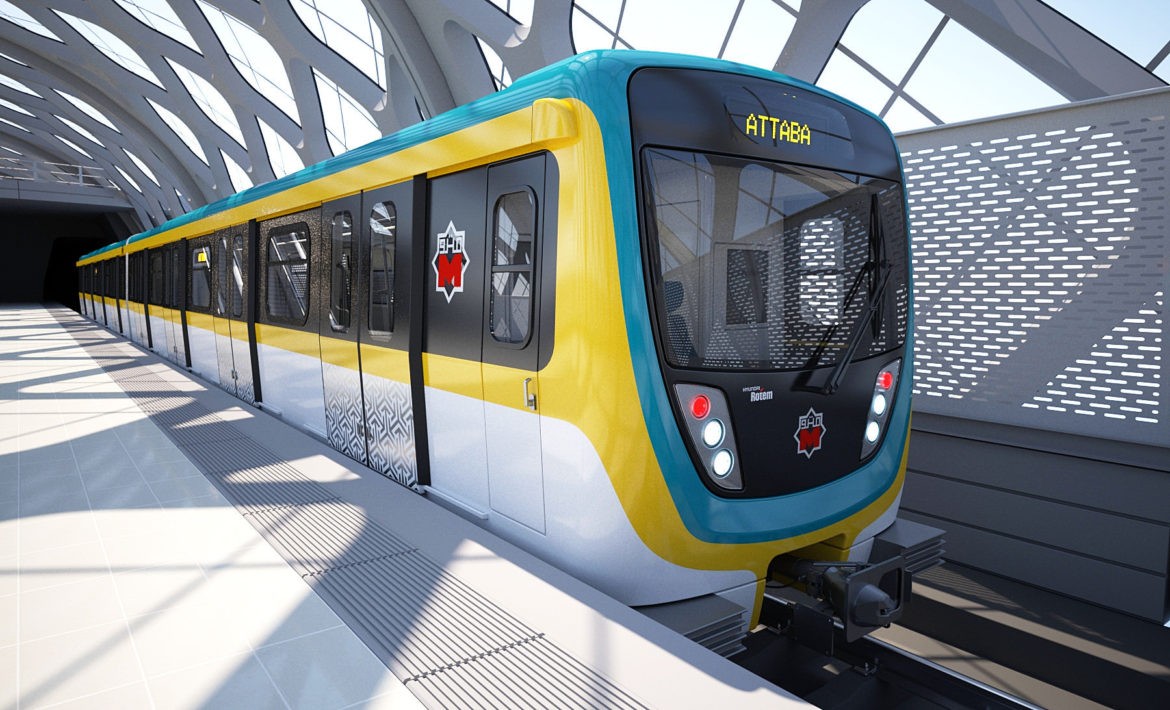A special unit responsible for heavy transport in Egypt will be established, Prime Minister Nazif announced in a meeting with the ministers of trade, industry, finance, social solidarity and transportation. Under the jurisdiction of the transport minister, it will devise strategy for heavy transport, including ways to utilize unused resources such as river transport and the railway system.
Magdi Radi, official spokesperson of the council of ministers, said that Nazif has tasked Minister of Transportation Alaa Fahmi with producing a plan for the unit’s operation.
Radi added that a map of production and consumption sites in Egypt will help determine the best transport method for various goods. According to Radi, a total of 500 to 600 million tons are transported in Egypt each year, 100 million of which are primary goods such as cement, grains and steel. Radi noted that most goods can be transported by rail or river, and that the expansion of such forms of transport will relieve pressure on ground transportation. 95% of goods in Egypt are currently transported via ground transportation.
Nazif asserted that the unit will face a number of challenges during the current phase of development, which is expected to increase the amount of transported goods in Egypt. Nazif stressed that there are several unutilized methods of transportation in Egypt.
He also pointed out that the truckers’ strike has prevented the transportation of primary goods, such as construction materials and food supplies. On 10 December, truck drivers began striking over a batch of government decrees, including increased taxes, a ban on highway driving on Thursdays and Fridays, and a requirement to transform semi-trailers into full-trailers. Though the tax was abolished on 14 December, drivers continued the strike as the government refused to meet other demands.
Translated from the Arabic Edition.




